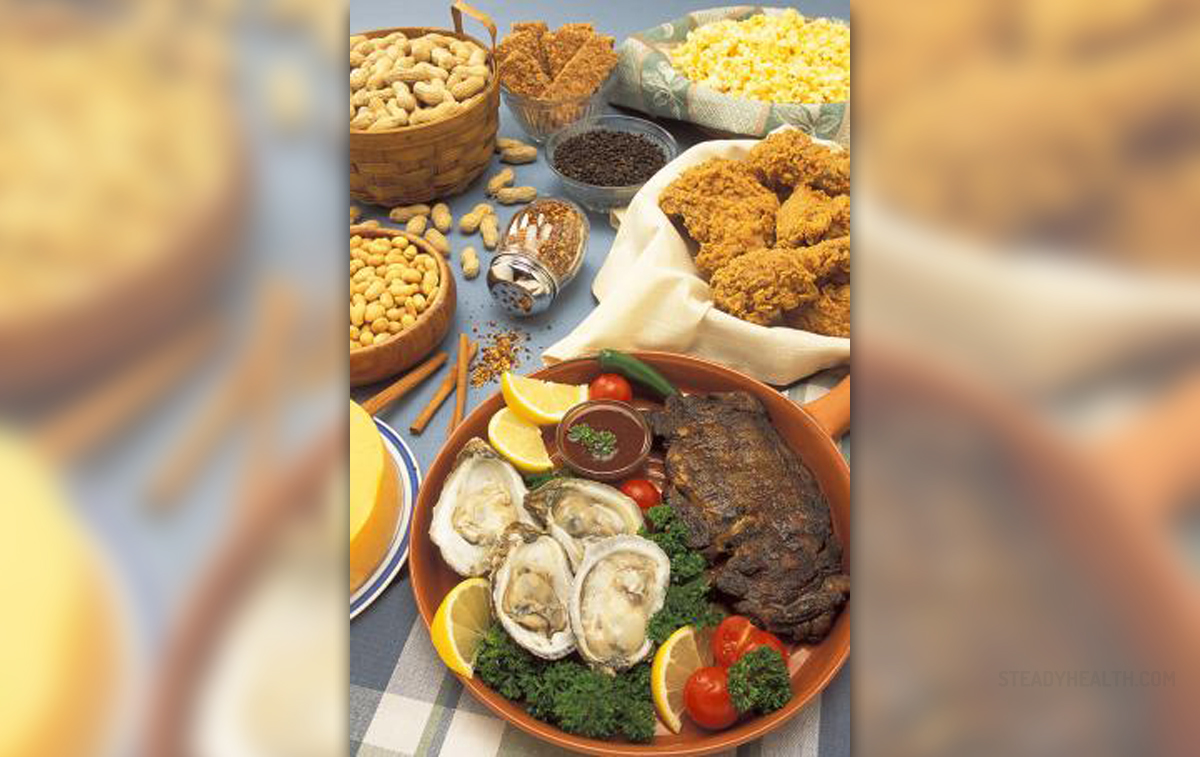
Proteins are substances recognized for their importance for human health. The name protein comes from the Greek word proteos, which means "primary" or "taking first place”. These organic compounds are composed of amino acids arranged in a linear chain and folded into a globular form. These amino acids link together in specific numbers and make unique combinations to make different proteins. A complete protein, or whole protein, is one that contains all essential amino acids in adequate proportions, so that it provides complete dietary needs for the humans.
Recommended daily allowance (RDA) for protein
Recommended Dietary Allowances (RDAs) for protein are as follows:
Boys and girls aged 0-6 months: 9.1 gramsBoys and girls aged 7 months to 1 year: 13.5 gramsBoys and girls aged 1-3 years: 13 gramsBoys and girls aged 4-8 years: 19 gramsBoys and girls aged 9-13 years: 34 gramsMales aged 14-18 years: 52 gramsMales aged 19+: 56 gramsFemales aged 14+ years: 46 grams
Pregnant and lactating women require additional 25 grams of protein per day.
Sources of complete proteins
Complete proteins are usually found in animal food sources such as meats, fish, poultry, cheese, eggs, yogurt and milk. Vegetable sources of protein are often lacking in one or more essential amino acids. Vegans frequently do not have a source of complete proteins in their dishes, but they can relatively easily obtain all of the essential amino acids by eating a variety of beans, grains, nuts, seeds and vegetables. Their meals, however, demand careful planning. From vegetable sources, only the soybean provides the diversity of amino acids in an optimum balance.
What foods provide protein?
Excellent sources of protein are tuna, shrimp, turkey and cod. These are the best natural foods with extremely high protein content. For example, 4 oz of turkey provide 68.2% of RDA for protein. The same portion of baked or broiled cod provides 52.1% of RDA. Same quantity of baked or broiled yellowfin tuna satisfies 68.0% of RDA for protein, and steamed or broiled shrimp will supply with 47.4% or RDA.
Very good sources of protein are snapper, which provides 59.6% of RDA per 4-oz portion; venison, which provides 68.5% of RDA per 4-oz portion; halibut, providing 60.6% of RDA per 4-oz portion; and salmon, with 58.3 % of RDA per 4-oz portion. Other good sources include scallops, chicken, lamb, beef, calf's liver, spinach, tofu, mustard greens, crimini mushrooms, soybeans, and mozzarella cheese.
Very high temperatures used for cooking foods containing protein, can destroy the heat sensitive amino acids and make the protein resistant to digestive enzymes.



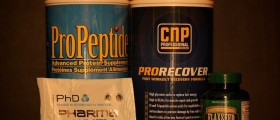
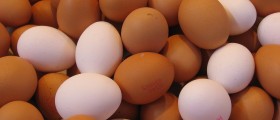
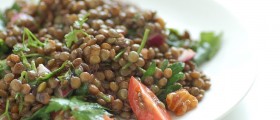
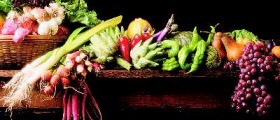

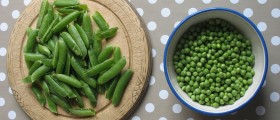
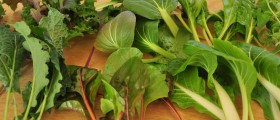
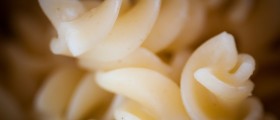

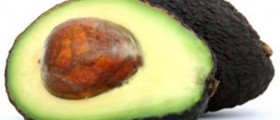
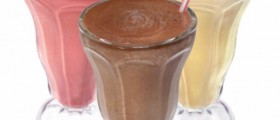

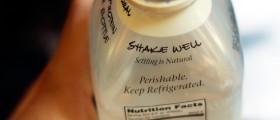
Your thoughts on this
Loading...